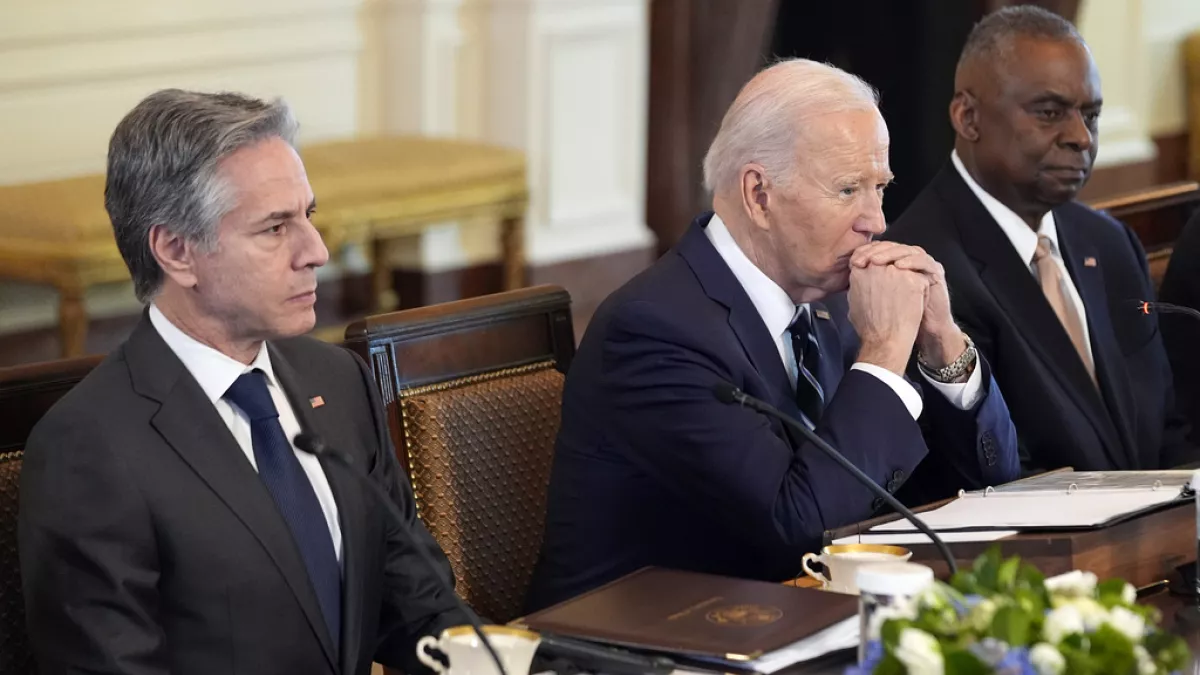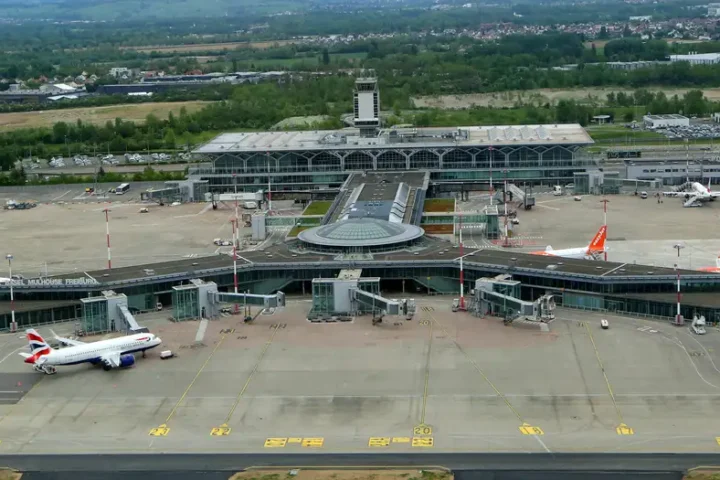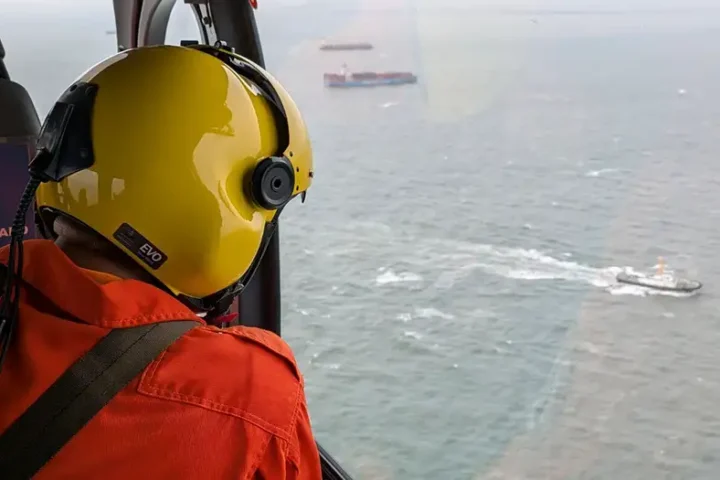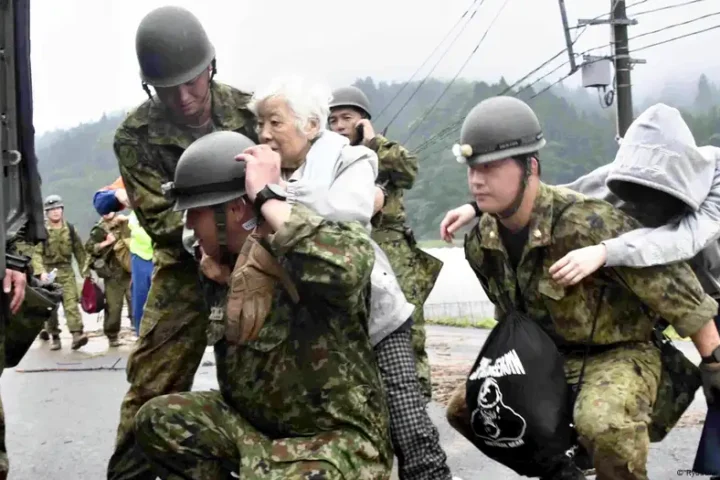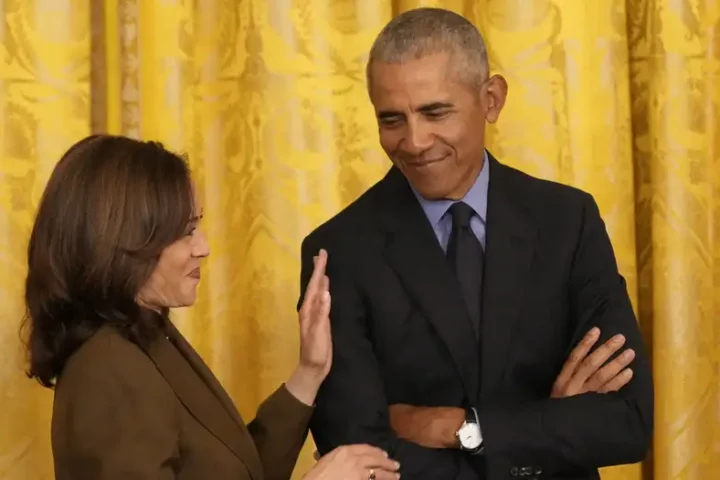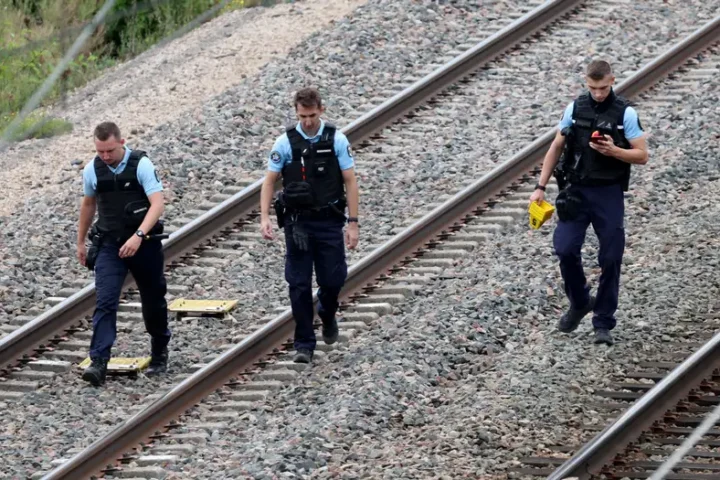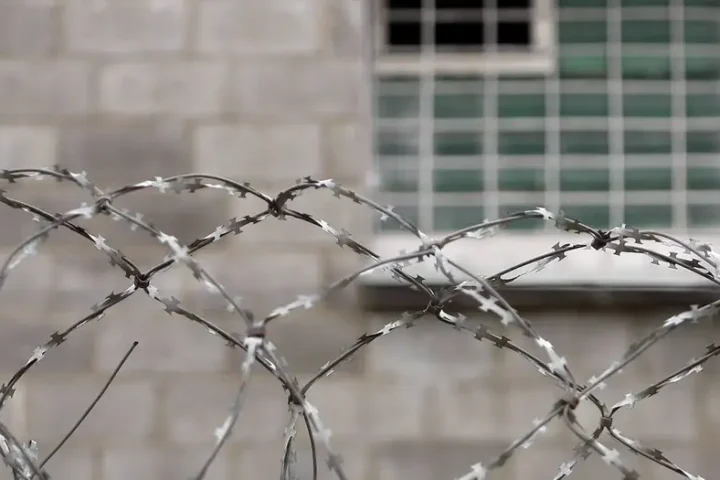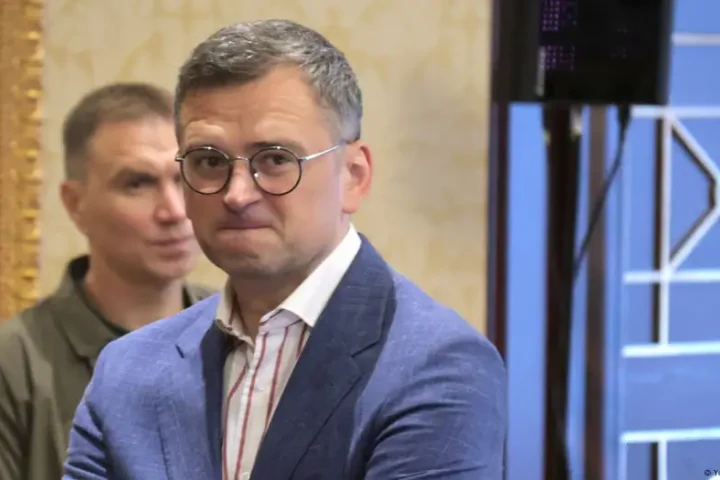The Pentagon will rush about €275 million worth in weapons to Ukraine after finding some cost savings in its contracts, the White House announced.
It’s the Pentagon’s first announced security package for Ukraine since December, when it acknowledged it was out of replenishment funds.
It wasn’t until recent days that officials publicly acknowledged they weren’t just out of money to buy replacement weapons, they are overdrawn financially by billions.
The announcement comes as Ukraine is running dangerously low on munitions and efforts to get fresh funds for weapons have stalled in the House because of Republican opposition.
U.S. officials have insisted for months that the United States wouldn’t be able to resume weapons deliveries until Congress provided the additional replenishment funds, which are part of the stalled supplemental spending bill.

The replenishment funds have allowed the Pentagon to pull existing munitions, air defence systems and other weapons from its reserve inventories under presidential drawdown authority, or PDA, to send to Ukraine and then sign contracts to order replacements, which are needed to maintain US military readiness.
The Pentagon also has had a separate Ukraine Security Assistance Initiative, or USAI, which has allowed it to fund longer-term contracts with industry to produce new weapons for Ukraine.
Senior defence officials who briefed reporters said the Pentagon was able to get cost savings in some of those longer-term contracts and, given the battlefield situation, decided to use those savings to send more weapons.
The officials said the cost savings basically offset the new package and keep the replenishment spending underwater at just over €9 billion.
Pentagon Press Secretary, Major General Pat Ryder told reporters, “This is not a sustainable way to support Ukraine.”
Ryder called it a “one time good deal” that officials can’t plan on occurring again.
The aid announcement came as Polish leaders were in Washington to press the US to break its impasse over funds for Ukraine at a critical moment in the war.
Source: Euronews
